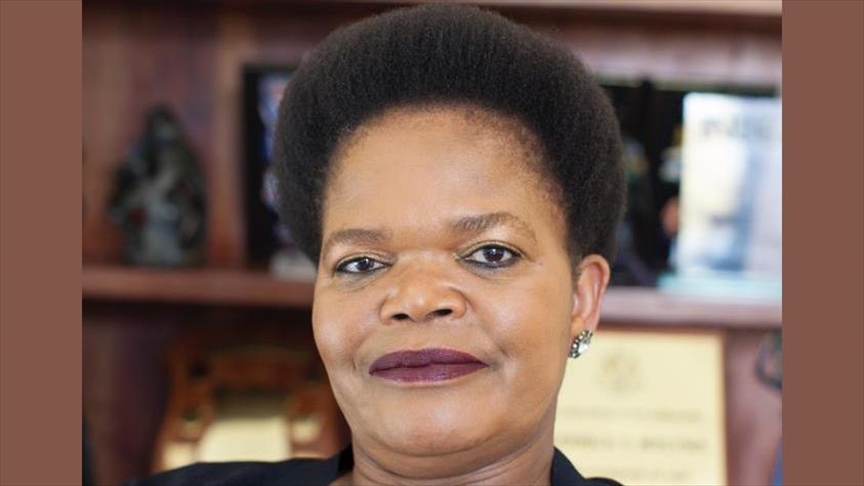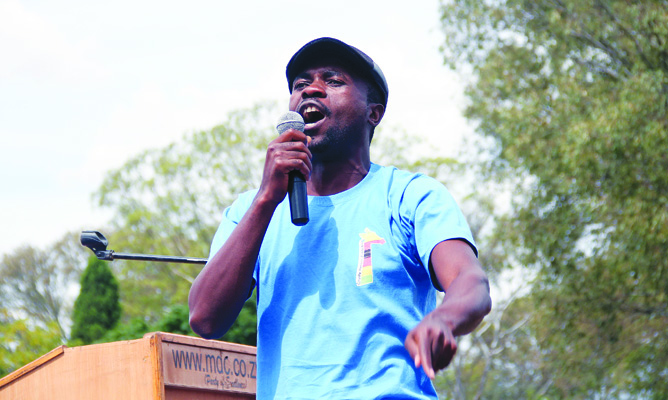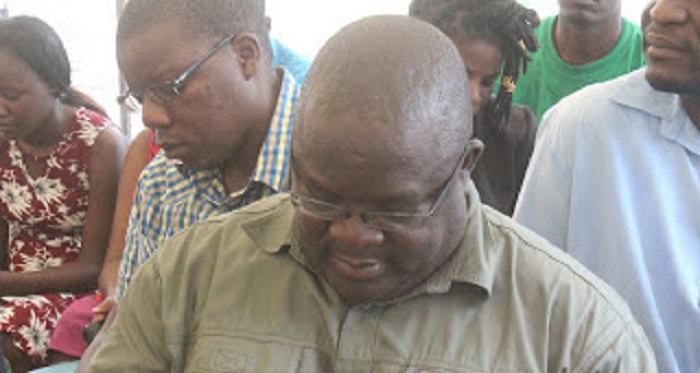Like many other Americans, when Twitter made the decision to permanently ban the account of the current president (this article will be the last time I’ll have to say that!) my reaction was immediate relief. Although I agree with the analysis that charging the president with criminal incitement is doubtful given the standard in Brandenburg v. Ohio, morally, banning this president from the private platform of Twitter seemed altogether appropriate. Of course, many of the president’s cult supporters responded to the Twitter ban by claiming that free speech was under some kind of threat, which is obvious nonsense since Twitter is a private actor. More alarming to me, however, was not the inevitable cult response by MAGAites but the fact that otherwise reasonable people were also expressing serious alarm at Twitter’s reasonable decision.
For example, Jameel Jaffer is the executive director of the Knight First Amendment Institute at Columbia University and a widely and well-respected free speech scholar and litigator. Therefore, seeing this tweet, where he states that the power of social media companies “is a problem for democracy” absolutely floored me. My shock was just beginning though, because that same day I came across this piece in the New York Times stating that we “should be wary of corporate power over political speech” authored by none other than Professor Eugene Volokh.
I have a lot of personal First Amendment heroes and scholarly icons, Volokh is one. And to be clear, neither Jaffer nor Volokh are arguing that Twitter’s actions, or the action of any other social media company, implicate First Amendment concerns. Their focus exclusively concerns the social and, in Volokh’s case, the market implications of social media bans. Indeed, according to Volokh, the fact that “Facebook and Twitter have no major rivals in their media niches” should make us all “appreciate the perils of power” these companies wield. What exactly are these perils though?
I ask because it seems far too easy to say that banning the president of the United States — who has a plethora of ways to disseminate political messaging — from Twitter should carry no concern at all. Especially given the reasons for why this president was banned. But what if your average citizen gets banned? Well, the fact remains it has never been easier for anyone to access speech or be able to get their message out to a wide audience. Say someone does get banned from Twitter. That person would still have Facebook, YouTube, Reddit, and Substack, to get their message out, or they can create their own blog. Sure, not every outlet or platform has the same level of exposure, but I utterly fail to see why anyone is entitled to a privately made blowhorn? Much less why democracy would be at stake or in peril if they are not so entitled.
Perhaps the worst take on this subject made by someone who many folks consider to be a serious person goes to the U.S. senator from Nebraska Ben Sasse. Now, I personally do not find Sasse to be a serious person. Here is a man so concerned about repudiating people who peddle lies (as he says in his op-ed) that he *checks notes* voted not to hear any witnesses in the current president’s first impeachment trial and then voted to acquit. That said, a lot of other people, very respected people, do like him, and it is not like Sasse’s op-ed was all bad. He heaps praise on a certified American hero, Eugene Goodman, the capitol police offer who stood his ground for one thing, while also calling bat-shit member of Congress Majorie Taylor Greene “cuckoo for Cocoa Puffs” for another. But Sasse also makes a bunch of claims that should not be taken seriously at all, such as that America’s institutions have collapsed. According to Sasse, “[t]he failure of our traditional political institutions and our traditional media to function as spaces for genuine political conversation has created a vacuum now filled by the social-media giants — who are even worse at the job.”
The first thing that should be said here, is it is precisely this kind of talk — that our institutions are worthless, failed, or collapsed — that led people to storm the Capitol Building. Secondly, I find it incredible for Sasse to insinuate or claim that America has ever been a place that has meaningfully fostered “genuine political conversation” among the masses, or that social media companies are making matters worse. Exactly when did this magical period occur where there wasn’t a vacuum? And how on Earth can one say is it worse now?
Fifty to 60 years ago, before the internet, to say out loud to a wide audience that Black Americans were equal to whites would get you labeled as an agitator by governments and the masses in wide swaths of this country and likely result in you getting beaten or killed. Maybe even by agents of the state. Not even 20 years ago, overturning laws that criminalized consenting acts of love by homosexuals was characterized by a Supreme Court Justice as signing “on to the so-called homosexual agenda” which could only result in the destruction of morality. It is this false nostalgia where conservatives seem to hold great admiration for and continually appeal to an obviously less tolerant, demonstrably more violent past that I find so repulsive and in bad faith. The world we live in today is not at all comparable even to this relatively recent past, even with a few “big tech” companies dominating the market.
Sasse also claims national harm due to the rise of the nonreligious population. As this essay is getting long enough, I will briefly answer this by again questioning what about our past — where religion was far more prevalent among the population than it is today as Sasse rightly points out — was more moral and wholesome than today? It should also be said that if Sasse really wants to end the dissemination of lies and make a better, more-united America, maybe he should think about stopping the spread of vile bigotry, such as that unless you prescribe to religion your life has no meaning. Ask yourself why it is so hard for these folks to admit the obvious, that religious and nonreligious Americans are equally capable of finding meaning in life, but I digress.
Given how much I have highlighted those who criticize or fear social media, I’ll end here with an example of why social media is a good thing. Take a minute and read the story of how Megan Phelps-Roper met her husband. Spoiler alert: It was on Twitter. A place where Ms. Phelps-Roper found a meaningful sense of community. But like every private community, the right to free association is essential. Accordingly, there is nothing scary or worrisome about these communities picking and choosing their members. What is scary is imagining government regulating social media in a vain attempt to solve our social ills. The hard task before us, as it always has been, is overcoming the negative biological and evolutionary human traits that have plagued our species since the beginning. We have made a lot of progress in this regard by ignoring convenient scapegoats, let’s not make “big tech” the one we fall for.
 Tyler Broker’s work has been published in the Gonzaga Law Review, the Albany Law Review, and is forthcoming in the University of Memphis Law Review. Feel free to email him or follow him on Twitter to discuss his column.
Tyler Broker’s work has been published in the Gonzaga Law Review, the Albany Law Review, and is forthcoming in the University of Memphis Law Review. Feel free to email him or follow him on Twitter to discuss his column.









 Jordan Rothman is a partner of
Jordan Rothman is a partner of 







